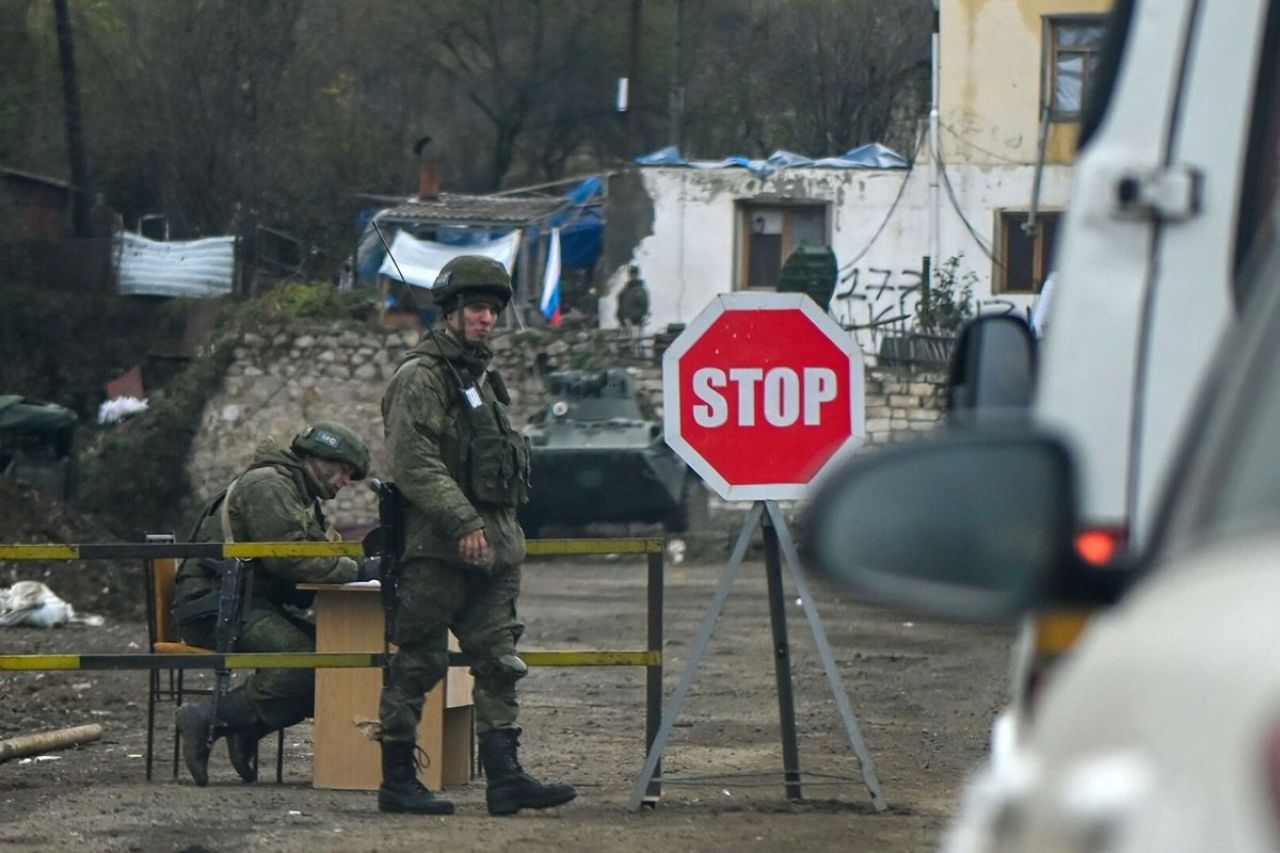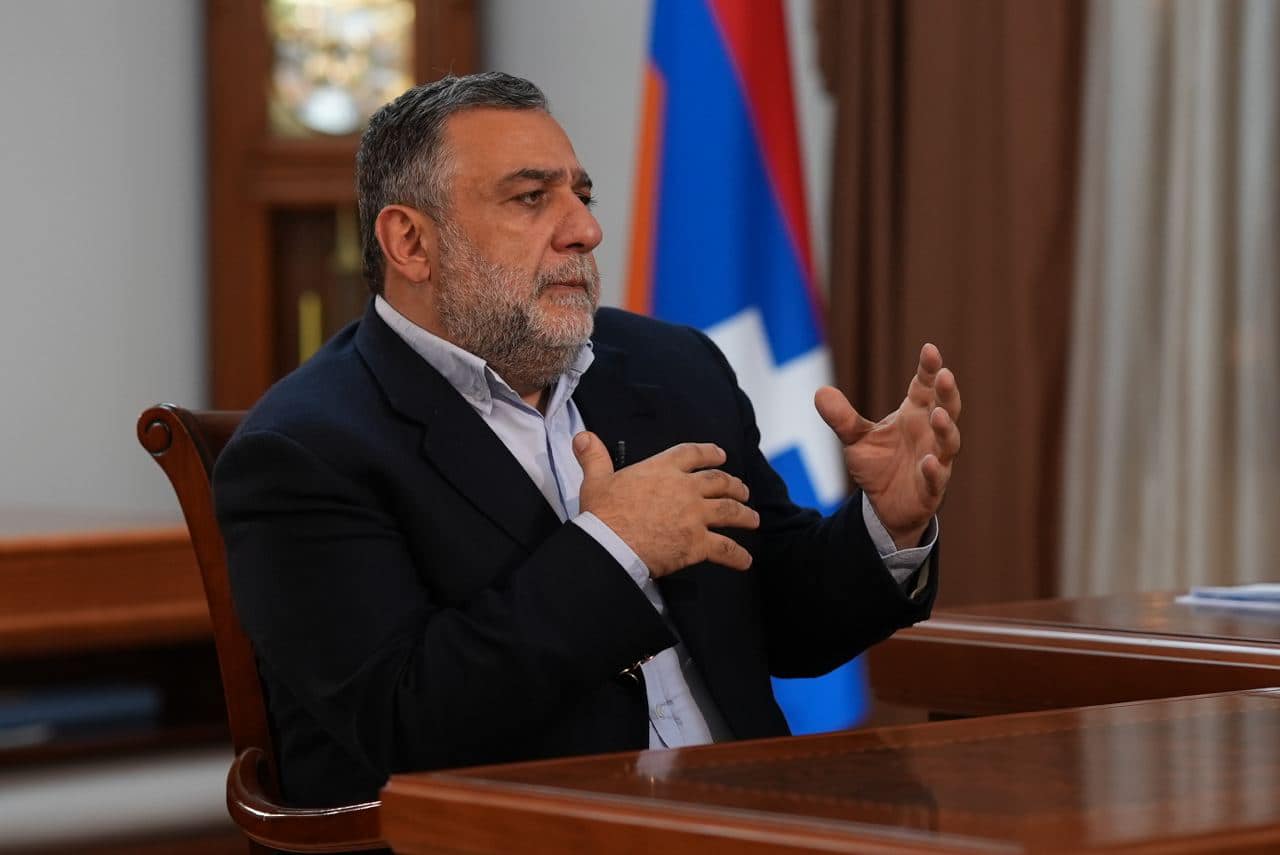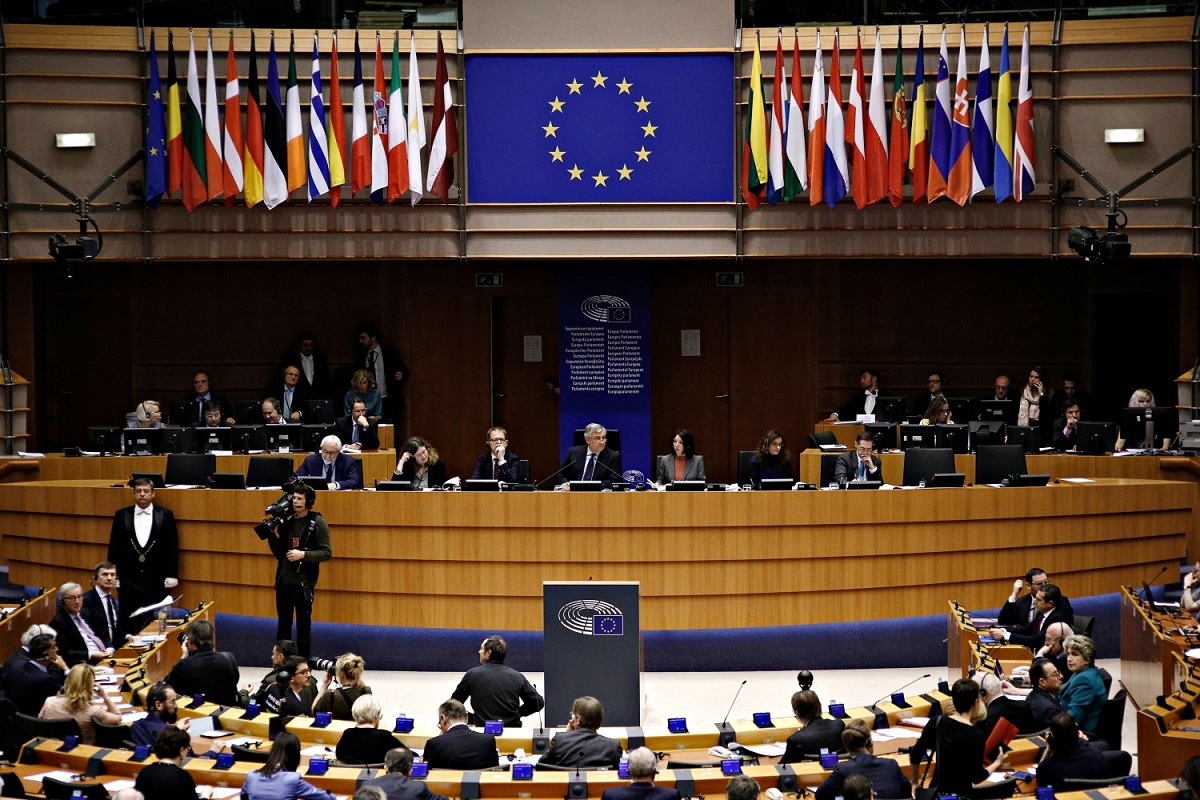'Red Cross help is not enough' - Amnesty International on NK blockade
Amnesty International on NK blockade
“The blockade [of Nagorno-Karabakh] has led to severe food and medical shortages as the humanitarian aid provided by the International Committee of the Red Cross and Russian peacekeepers is not enough to meet the demand,” Marie Struthers, director of Eastern Europe and Central Asia at Amnesty International, says. The organization issued a call to unblock the Lachin corridor, while publishing its own study of the situation in NK.
The only road connecting Nagorno-Karabakh with Armenia and the outside world has been closed for sixty days. Armenian Prime Minister Nikol Pashinyan said at a government meeting on February 9 that Azerbaijan has cut off the gas supply once again.
In his opinion, the humanitarian crisis could now turn into an environmental disaster, since residents are forced to use firewood to heat their homes, which leads to deforestation.
Amnesty International: “Immediately end the blockade of the Lachin corridor”
Amnesty International believes that the blockade threatens the lives of thousands of people.
“Outages in the supply of electricity, natural gas and automotive fuel cause enormous hardship to the population. This has to stop right now,” Marie Struthers said.
According to Amnesty, Azerbaijan has a responsibility to ensure that the population of Nagorno-Karabakh is not deprived of food, medicine or basic necessities.
“In turn, the Russian peacekeeping mission received a mandate to ensure the security of the Lachin corridor. However, both sides are clearly not fulfilling their obligations,” she added.
Amnesty calls on the Azerbaijani authorities and Russian peacekeepers to “immediately end the blockade of the Lachin corridor and stop the humanitarian crisis.”
They also published the results of their study of the situation in NK based on interviews with doctors and residents:
- the plight of patients due to lack of medicines and other medical supplies,
- lack of food, especially fruits and vegetables, which has led to a significant increase in cases of immunodeficiency, anemia, thyroid diseases, exacerbation of problems in patients with diabetes,
- complications for pregnant women, an increase in the number of miscarriages or premature births,
- violation of children’s right to education.
Prime Minister of Armenia: “The situation can turn into a serious environmental disaster”
According to Pashinyan, “the illegal blockade of the Lachin corridor under ecological cover”, could also lead to an environmental catastrophe. Due to the cessation of gas and electricity supply people are forced to heat their houses with firewood, that is, to cut down trees.
“And thus, the alleged environmental intentions of Azerbaijan are again debunked,” Pashinyan said.
He also says that since the beginning of the blockade, Azerbaijan “has completely cut off gas supplies to Nagorno-Karabakh seven times,” in addition to periodic “reductions in supply volume up to 40, 30, and sometimes 10 percent.” According to the prime minister, about 27 such cases have been recorded.
“Moreover, these are no longer “environmentalists,” these are actions taken at the state level, because if “environmentalists” are present and visible in the Lachin corridor, they were not seen at the gas pipeline,” he said.
Pashinyan believes that only the permanent activity of the international community can “contain the aggression and provocative position of Azerbaijan.” He maintains that the crisis must become “the subject of a more institutionalized international discussion.”
Since December 12, Azerbaijanis purporting to be environmental activists have blocked the Lachin corridor. They demand monitoring of local mines and a meeting with the commander of the Russian peacekeeping contingent stationed in Nagorno-Karabakh.
There is a critical shortage of food and medicine in NK. Before the blockade 400 tons of cargo were delivered from Armenia every day. Now only Russian peacekeeper vehicles, and less often those of the Red Cross, move along the Lachin road. They deliver some necessary goods, but not enough to provide for the 120,000 people living here.
Despite the demands of the international community to open the road, Baku insists that the corridor is not closed, the activists let cars through, they are simply expressing their disagreement with the exploitation of the mines. The Russian Foreign Ministry regularly reports that negotiations are ongoing. Between whom and under what conditions is not reported.
Follow us – Twitter | Facebook | Instagram
Amnesty International on the blockade of NK





















